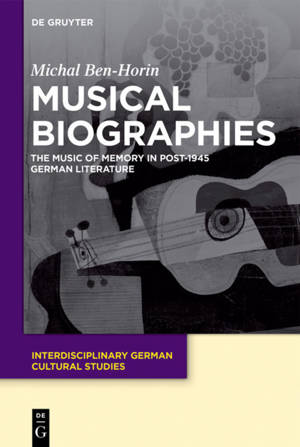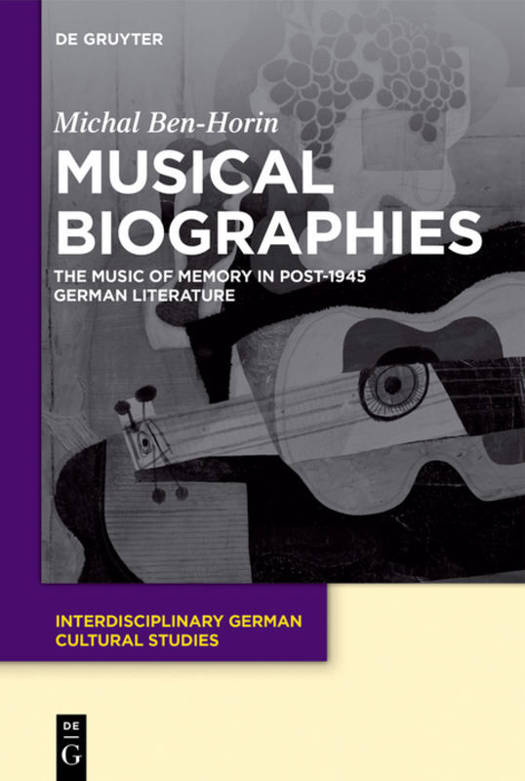
- Retrait gratuit dans votre magasin Club
- 7.000.000 titres dans notre catalogue
- Payer en toute sécurité
- Toujours un magasin près de chez vous
- Retrait gratuit dans votre magasin Club
- 7.000.000 titres dans notre catalogue
- Payer en toute sécurité
- Toujours un magasin près de chez vous
Description
Since the second half of the twentieth century various routes, including history and literature, are offered in dealing with the catastrophe of World War II and the Holocaust. Historiographies and novels are of course written with words; how can they bear witness to and reverberate with traumatic experience that escapes or resists language? In search for an alternative mode of expression and representation, this volume focuses on postwar German and Austrian writers who made use of music in their exploration of the National Socialist past. Their works invoke, however, new questions: What happens when we cross the line between narration and documentation, and between memory and a musical piece? How does identification and fascination affect our reading of the text? What kind of ethical issues do these testimonies raise? As this volume shows, reading these musical biographies is both troubling and compelling since they 'fail' to come to terms with the past. In playing the haunting music that does not let us put the matter to rest, they call into question not only the exclusion of personal stories by official narratives, but also challenge writers' and readers' most intimate perspectives on an unmasterable past.
Spécifications
Parties prenantes
- Auteur(s) :
- Editeur:
Contenu
- Nombre de pages :
- 181
- Langue:
- Anglais
- Collection :
- Tome:
- n° 20
Caractéristiques
- EAN:
- 9783110457957
- Date de parution :
- 25-04-16
- Format:
- Livre relié
- Format numérique:
- Genaaid
- Dimensions :
- 157 mm x 234 mm
- Poids :
- 385 g







